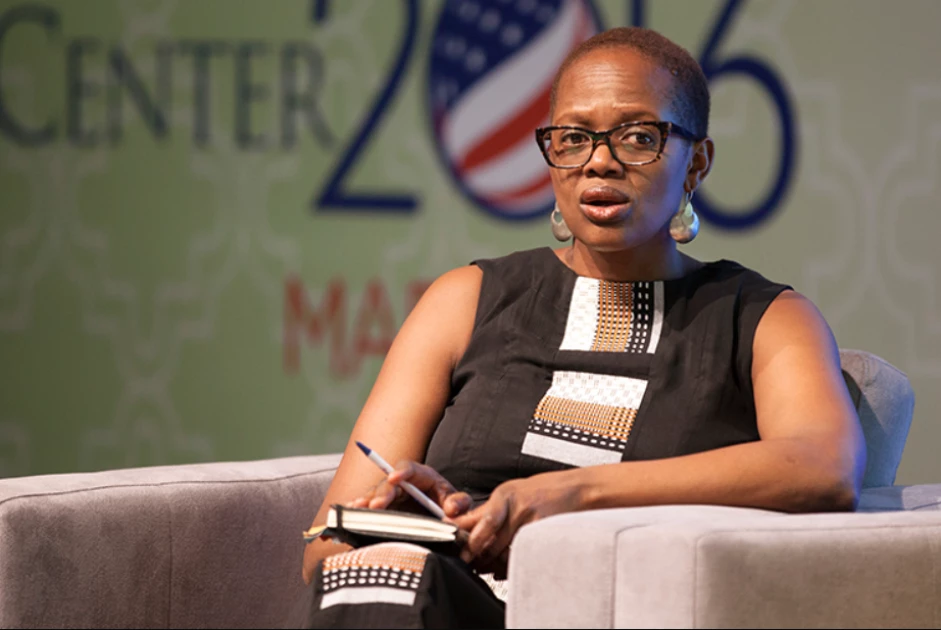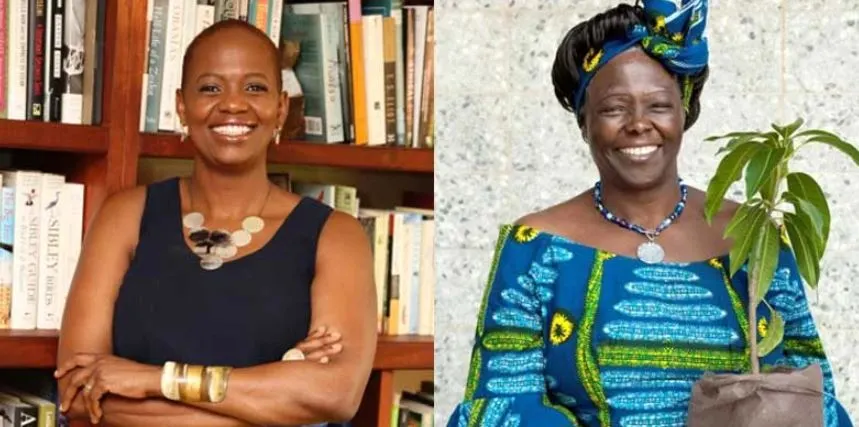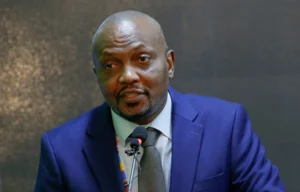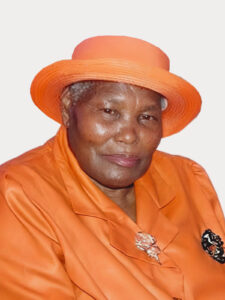Wanjira Maathai, the daughter of Nobel Peace Prize winner Wangari Maathai, will lead a new rehabilitation project in Kenya.
She is the managing director of Africa and Global Partnerships at the World Resource Institute (WRI), which won $100 million (approximately Ksh13.5 billion) to fund the project.
This comes after TED, a non-profit organisation that launched the Audacious Project in 2018 to create a future worth pursuing all, announced during TED2023 in Vancouver, Canada, that WRI’s Restore Local project has won $100 million over four years to accelerate locally-led land restoration in three African landscapes, namely the Lake Kivu and Rusizi River Basin, Ghana’s Cocoa Belt, and Kenya’s Greater Rift Valley.
Read Also: Kenyan teachers are going through the most
“I am honoured that Restore Local has been selected for catalytic funding through The Audacious Project, which is a clear signal of confidence in locally-led action,” said Maathai.

“Restoration is one of the most powerful investments we can make on the planet because restoring degraded land can simultaneously mitigate climate change and protect communities from its worst impacts. It can also restore land productivity, create jobs and improve family incomes.”
WRI hopes to alter this, according to Maathai, by speeding the AFR100 campaign, an endeavour to restore 100 million hectares of damaged land in Africa by 2030.
“But the millions of smallholder farmers who will drive this movement need the support of governments, development banks, investors, NGOs and others to fully engage in restoration and reap its benefits,” Ms Maathai emphasised, noting that creating a continental restoration movement necessitates capacity building, more funding, supportive policies, and progress monitoring.
Subscribe to our Youtube channel Switch TV
Prof Wangari Maathai, Wanjira’s mother, founded the Green Belt Movement, which supported the planting of trees in local areas. It was responsible for the planting of almost 30 million trees across Africa. In 2004, she was awarded the Nobel Peace Prize for her contributions to sustainable development, democracy, and peace.
In an interview with Switch Media last year, during the Ashden Awards ceremony held on Thursday, October 27, in Nairobi, the environmentalist reiterated that the forthcoming stakeholders should have resolute plans put in place to ensure good sustainability and adaptability on climate change mitigation.
Mathai said the focus should be to prioritise the financial issue so as to give innovators leeway to fight against climate change.
Being the keynote speaker at the event, Wanjira Mathai asserted that the 2030 Agenda for Sustainable Development will be realized if sufficient funding is allocated to support the innovations.
“The biggest priority is to make sure that we can put the financing that’s required behind the innovations for climate and make a difference, especially as things are getting worse.”
“We need some real implementation, real delivery timelines, Details of how this finance will be done. We are told that 2030 is sort of the date by which a lot of things need to happen, but actually we are seeing quite a lot of devastation already and communities need to be able to adapt. They need to be able to put in place whatever, is needed to secure them and their lives.”
She added that a shortage of financing prevents humanitarian organizations from taking action on some climate-related issues.
Wanjira advised that Governments should be constantly reminded of the tremendous global warming and severe drought.
“I think it’s crucial that humanitarian organizations get the resources they need. They are actually woefully short; they don’t have all the money they need to deliver the support and the humanitarian support that’s required. So children are getting fewer calories than they need, and that’s disastrous.”
“For governments, this is a wake up call on climate. This is the reality. This is going to be our future. Five consecutive years of failed rains what does that mean? It means climate change is here now. So we have to adapt.”
Wanjira suggested that the government devise strategies to guarantee a plentiful supply of food during and after difficult times in the wake of the nation’s food deficit.
“We have to find ways of making sure that we can secure food supplies even in this terrible time. That might mean looking back at food crops that we have since ignored and making sure that we can actually secure our food supplies from a shorter distance so that we don’t need to be relying.”
Due to Kenya’s reliance on Ukraine as its primary source of resources, the ongoing conflict between Russia and Ukraine has put its food supply in jeopardy.
“Many of us face the reality that we rely on Ukraine for a lot of things we didn’t know every single day. Now we need to realize how important it is that we secure our own food and our own food supplies, and we need to make sure that we do so. Shorten those supply chains,” Wanjira stated.
The ceremony, hosted by Kenyan human rights lawyer Cynthia Nyongesa, brought to life the stories and solutions of organisations creating the future and premiered powerful films showing the winners’ work.
















